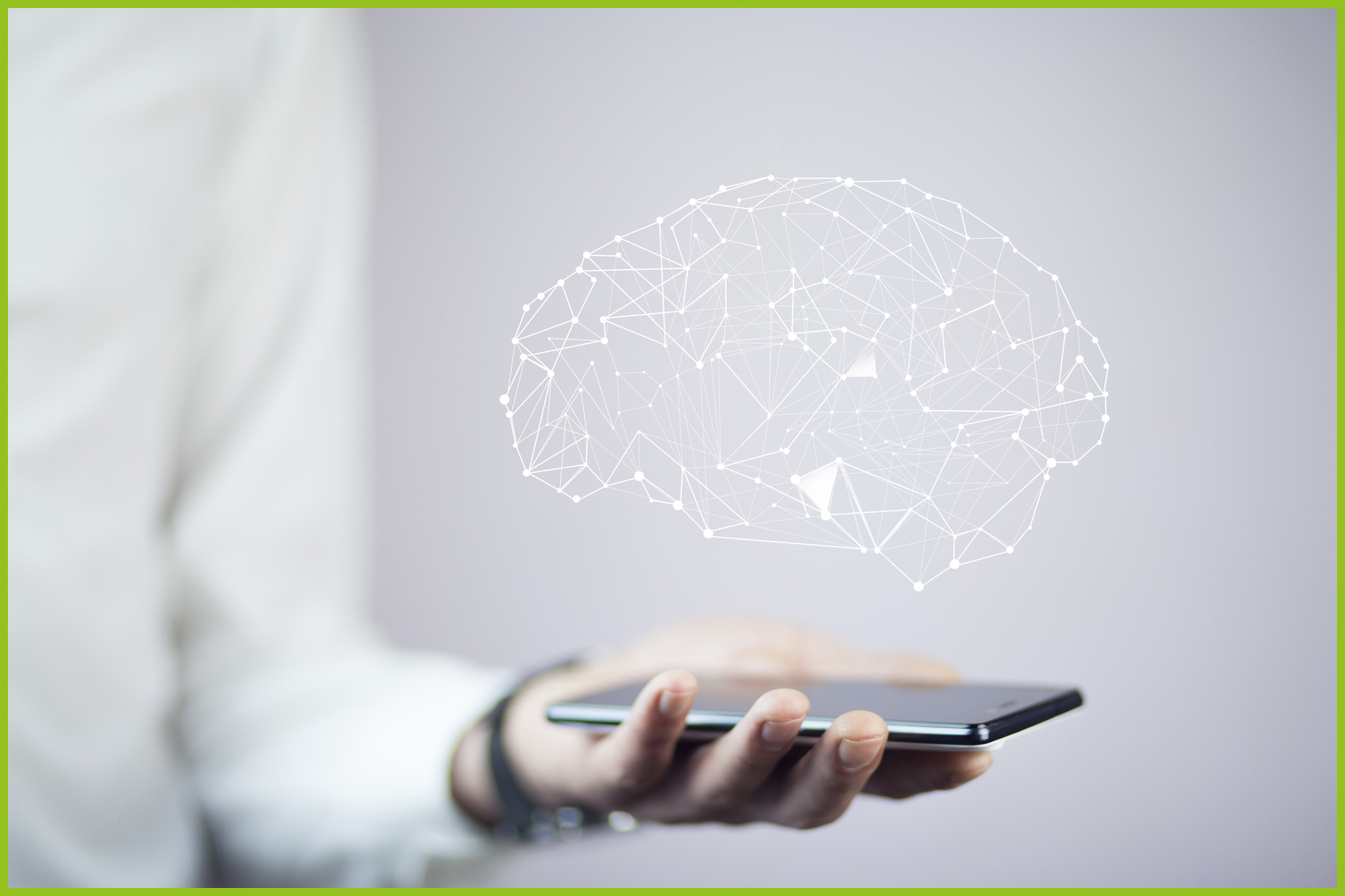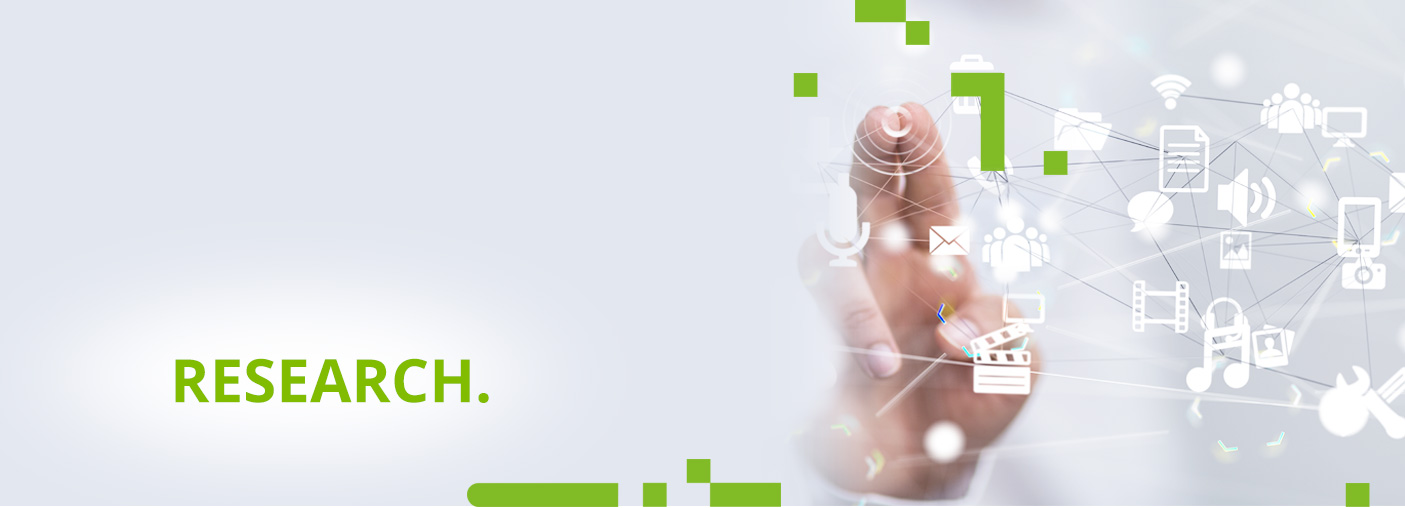Offloading WOrking Memory with Cognitive Interfaces: A Systematic Investigation of Potentials, Benefits, and Risks of Mobile Touch Devices
Project description
Using mobile devices such as smartphones or tablets in order to offload internal information such as appointments has the potential to overcome limitations of working memory that generally restrict cognitive performance. Whereas previous laboratory research has identified the accessibility of external information as predictor for cognitive offloading, no study has yet investigated how mobile touch devices mediate between internal and external memory representations. Can mobile touch devices foster cognitive offloading, and if so, does cognitive offloading come along with deficits in long-term memory? In this project, we address the potentials, benefits, and risks of offloading cognitive processes into mobile touch devices systematically. To do so, we conduct three series of psychological experiments that investigate the following questions. Firstly, we aim at investigating how the intuitive control of mobile touch devices facilitates interactions between internally and externally stored information. Secondly, we aim at exploring the potential of the mobility of touch devices to externalize transformation processes that otherwise draw heavily onto the internal resources. Finally, we investigate how cognitive offloading affects the explicit and implicit acquisition of long-term memory representations.
Within each experimental series, we will test the phenomena under investigation with two different tasks in order to ensure a solid theoretical foundation within the psychological literature as well as a high transferability of our results to applied settings. On the one hand, we will adapt a working memory task (Pattern Copy Task) from basic research on cognitive offloading to settings that involve mobile touch devices. On the other hand, we will develop a new Video Instruction Task that aims at transferring the investigated cognitive processes into settings that match the structure of knowledge work in everyday life.

Project Team
Publications
Grinschgl, S., Meyerhoff, H. S., & Papenmeier, F. (2020). Interface and interaction design: How mobile touch devices foster cognitive offloading.
Computers in Human Behavior, 108, Article 106317.
https://dx.doi.org/10.1016/j.chb.2020.106317.
Grinschgl, S., Meyerhoff, H. S., Schwan, S., & Papenmeier, F. (in press). From metacognitive beliefs to strategy selection: Does fake performance feedback influence cognitive offloading?
Psychological Research.
https://dx.doi.org/10.1007/s00426-020-01435-9
Conference Contributions
Grinschgl, S., Meyerhoff, H. S., Schwan, S. & Papenmeier, F. (2018, März). Metakognitionen als Determinante für das Auslagern von Arbeitsgedächtnisprozessen.
60. Tagung experimentell arbeitender Psychologen (TeaP). Marburg. [Vortrag]
Grinschgl, S., Meyerhoff, H. S., Schwan, S. & Papenmeier, F. (2018, Juli). Metacognitions as determining factors for cognitive offloading of working memory processes.
A-Dok. Mainz. [Poster]
Grinschgl, S., Papenmeier, F. & Meyerhoff, H. S. (2018, November). The impact of working memory capacity and tool design on cognitive offloading.
59th Annual Meeting of the Psychonomic Society. New Orleans. [Poster]
Grinschgl, S., Papenmeier, F. & Meyerhoff, H. S. (2019, July). Benefits and risks of offloading working memory processes.
A-Dok. Mannheim. [Talk]
Grinschgl, S., Papenmeier, F. & Meyerhoff, H. S. (2019, September). Offloading working memory improves performance but impairs long-term memory.
ESCOP. Teneriffa. [Talk]
Grinschgl, S., Papenmeier, F. & Meyerhoff, H. S. (2019, Oktober). Offloading working memory: determinants, potentials and risks.
WCT Autumn School. Bad Teinach. [Talk]
Grinschgl, S., Papenmeier, F., & Meyerhoff, H. S. (2020, March). Consequences of cognitive offloading: Boosting performance but diminishing memory. Poster accepted for the
62. Tagung experimentell arbeitender Psychologen (TeaP). Jena. [Conference cancelled due to Covid-19]
Qualifications
Grinschgl, S. (2020). Determinants and consequences of offloading working memory processes. Dissertation, Universität Tübingen.
http://dx.doi.org/10.15496/publikation-48339Röhrle, I. (2018).
Der Einfluss von Cognitive Offloading auf das Langzeitgedächtnis. Unveröffentlichte Bachelorarbeit. Eberhard Karls Universität Tübingen.
Widmayer, LM. (2019).
Kognition nicht nur im Kopf: Cognitive Offloading von Gedächtnis- und Normalisierungsprozessen. Unveröffentlichte Bachelorarbeit. Eberhard Karls Universität Tübingen.

